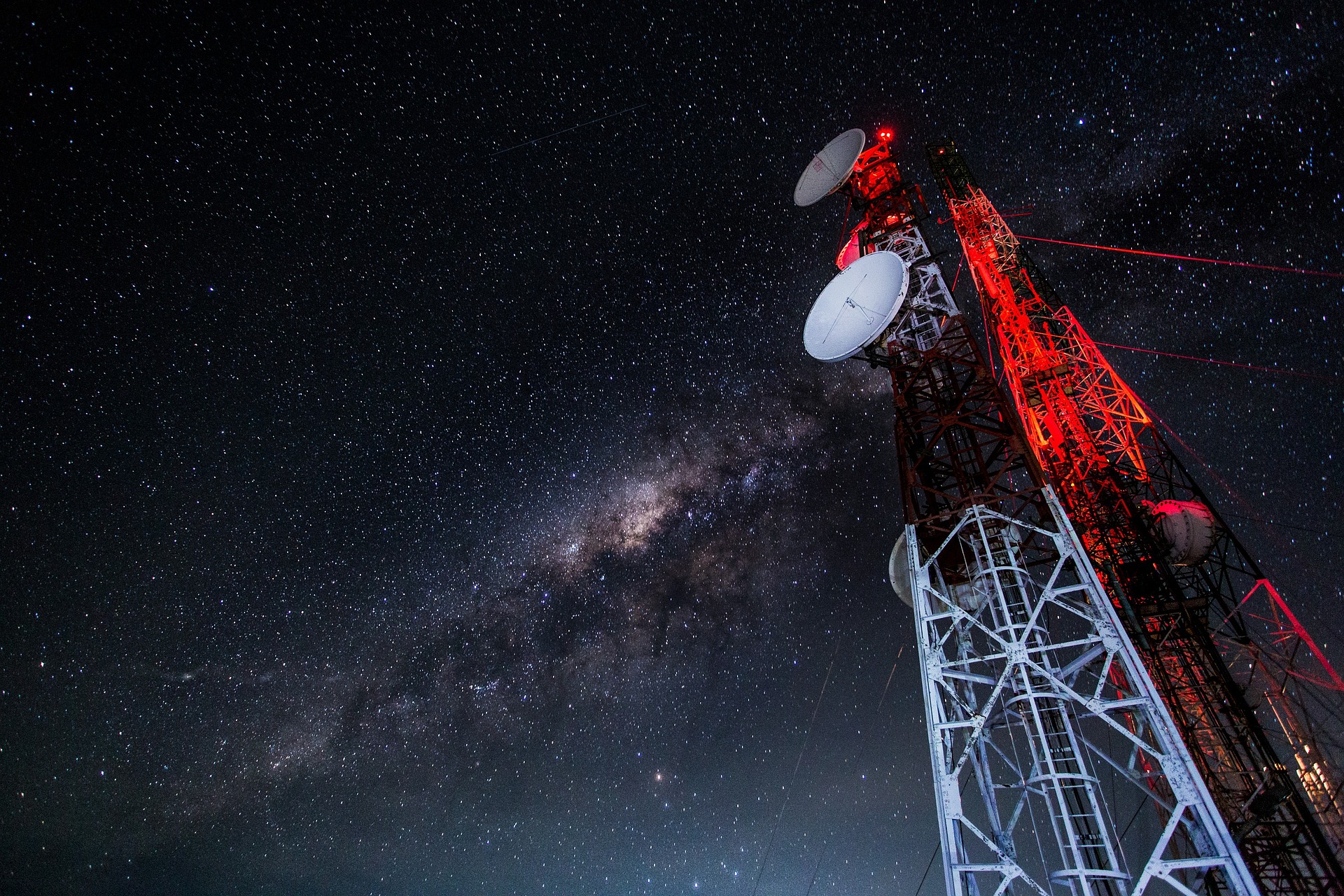Business and Economy
DICT bats for establishment of cell tower firms

The Philippines has the lowest cell density in Asia for the first half of this year based on a recent report of TowerXChange and We Are Social. (Pixabay photo)
MANILA — The Department of Information and Communications Technology (DICT) intends to craft a policy that will pave the way for the establishment of companies whose sole purpose is to build cell site towers that can be commonly leased by competing telecommunications firms (telcos).
This, as the department is currently conducting its review on the common tower policy guidelines for telcos.
“We are trying to come up with something that is agreeable to everyone because we really need the common towers,” DICT Acting Secretary Eliseo Rio Jr. said in an interview with the Philippine News Agency (PNA) at the sidelines of a hackathon competition for software developers held in Pasay City on Monday.
The draft common tower policy guidelines provide for only two independent tower companies to be accredited by the DICT to build and share their towers for the use of telcos.
Stakeholders in the industry have expressed their view that allowing the entry of more tower providers will promote competition and benefit consumers through improved communication services.
The DICT assures that it will engage with industry stakeholders in crafting the common tower policy guidelines.
“So, we will present it to the public. It is important that before we come up with a policy, we need to get the inputs of the stakeholders. We are engaging with the stakeholders because the government will not be the ones using the towers. It would be the telcos,” Rio said.
“Lahat naman sila in favor of the common towers.
Huwag lang ipitin yung right nila to come up with their own towers. (They are in favor of the common towers. They just don’t want the government to curtail their right to come up with their own towers),” he added.
Presidential Adviser for Information and Communications Technology Ramon Jacinto is pushing for the current proposed guidelines citing that Globe and Smart have lost the ‘moral ascendancy’ to build cell towers in the country during a recent public consultation.
The DICT has sought the guidance of the Philippine Competition Commission and the Office of the Solicitor General (OSG) with both agencies saying that the proposed guidelines may lead to ‘anti-competitive’ behavior in the telco industry.
“Si RJ (Ramon Jacinto) siya ang inatasan ni Presidente na gumawa ng policy. As much as possible kung ano support ang maibigay namin sinusuportahan namin siya. But nung lumabas na yung policy itinaas namin sa PCC and sa SolGen. Kasi maraming stakeholders ang nagsasabi if we will push through with the policies especially yung mga telcos that we are encroaching sa franchise nila. Franchise is a law.(RJ was the one assigned by the President to come up with policy. As much as possible we will give him all the support he needs. But when the policy came out, we elevated this to the PCC and SolGen. Because many stakeholders are saying that if we will push through with the policies especially the telcos that we will be encroaching on their franchises. Franchise is a law),” Rio said.
The DICT official reiterated the department is mandated to set rules for the telco industry as it remains committed to meet its timeline to finalize the common tower policy guidelines before the end of the year.
“Yun ang aming target. More or less, we are setting aside — kasi mukhang ayaw magbigay si RJ gusto niya talaga na dalawa lang; so talagang sige set aside natin we go ahead that will move things. Then bahala na si RJ to adapt or not. Kami ang may authority by law na magbibigay ng policies. RJ can just advise. (That is our target. More or less, we are setting aside — because RJ is really pushing that only two must be allowed; we are setting aside this so that we can go ahead that will move things. It is up to RJ if he will adapt or not.
We have the authority by law to set policies. RJ can just advise),” according to Rio.
The Philippines has the lowest cell density in Asia for the first half of this year based on a recent report of TowerXChange and We Are Social.
Data showed that the user-per-cell site density in the Philippines is about 4,036, based on estimates of 16,600 total cell sites against 67 million internet users compared to its neighboring countries, such as India, Indonesia, China, and Vietnam.





















